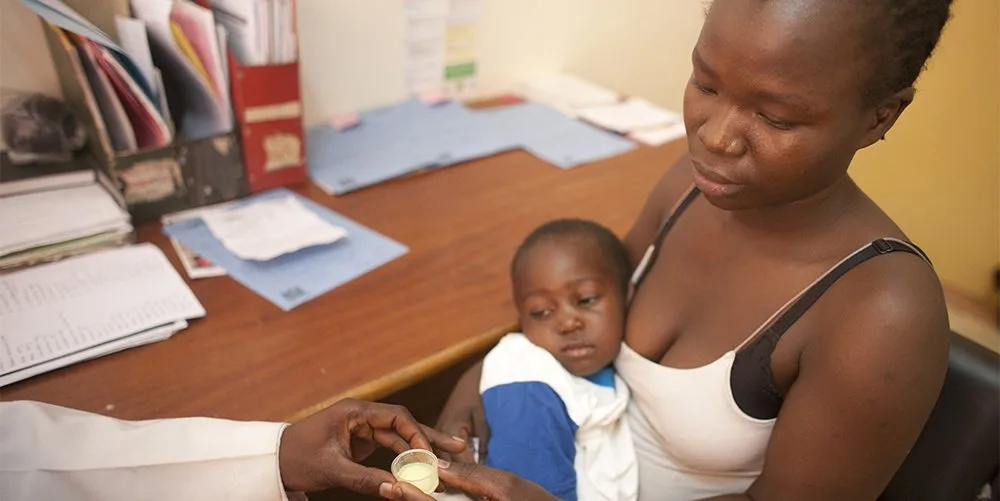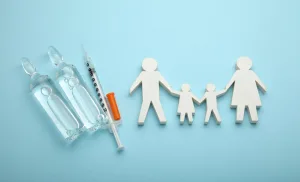The Ongoing Battle Against Malaria: A Global Health Crisis
Malaria remains a significant global health challenge, impacting millions of lives each year. Despite considerable efforts and progress in recent decades, the fight against this disease has hit a concerning plateau. One of the most alarming threats is the emergence of drug resistance, which could potentially undo years of hard-earned achievements and place vulnerable populations at even greater risk.
The Stalling Progress in Malaria Control
The global fight against malaria has seen remarkable successes, with significant reductions in both cases and deaths. However, recent data indicates that this progress has slowed down considerably. Several factors contribute to this slowdown, including:
- Limited Funding: Insufficient financial resources hinder the implementation of effective prevention and treatment strategies.
- Weak Health Systems: In many malaria-endemic countries, fragile healthcare infrastructures struggle to deliver essential interventions to those in need.
- Climate Change: Alterations in weather patterns can expand the geographic range of malaria-carrying mosquitoes, exposing new populations to the disease.
The Threat of Drug Resistance
One of the most serious challenges in malaria control is the increasing resistance of the malaria parasite to commonly used antimalarial drugs. This resistance makes it more difficult to treat infections, leading to prolonged illness, increased mortality, and higher healthcare costs.
Factors Contributing to Drug Resistance:
- Overuse of Antimalarials: Widespread and often inappropriate use of antimalarial drugs creates selective pressure, allowing resistant parasites to thrive.
- Substandard Medications: The circulation of poor-quality or counterfeit drugs further exacerbates the problem, as they may not contain the correct dosage of active ingredients.
- Lack of Adherence to Treatment: Incomplete or inconsistent adherence to prescribed treatment regimens can also contribute to the development of drug resistance.
What Needs to Be Done?
To overcome the challenges and regain momentum in the fight against malaria, a multifaceted approach is essential:
- Increased Investment: Greater financial resources are needed to support research and development of new drugs, diagnostics, and vector control tools.
- Strengthened Health Systems: Improving healthcare infrastructure and training healthcare workers are crucial for delivering effective malaria prevention and treatment services.
- Innovative Strategies: Exploring new approaches, such as genetically modified mosquitoes and malaria vaccines, could offer promising solutions for long-term control.
- Community Engagement: Engaging local communities in malaria control efforts is essential for promoting awareness, encouraging preventive behaviors, and ensuring access to timely treatment.
Final Words
Malaria continues to pose a significant threat to global health. Addressing the challenges of drug resistance and stalled progress requires a renewed commitment, increased investment, and innovative strategies. By working together, we can overcome these obstacles and achieve a malaria-free world.




+ There are no comments
Add yours